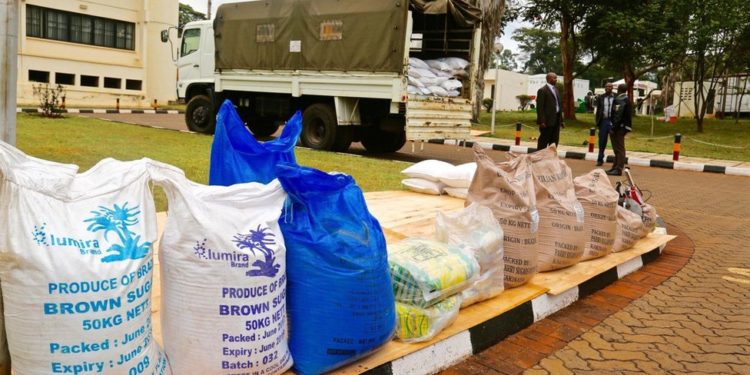Recently, news has been circulating on contaminated sugar repackaged and sold in the Kenyan market. What is more intriguing is that this was sugar that had been condemned upon its arrival at Mombasa in 2018 and was to either be burnt, buried, or converted into ethanol. Several state agencies, therefore, knew about the sugar and were tasked with ensuring its destruction. It is therefore surprising, shocking even, that the same sugar has found its way onto Kenyans’ shelves at their local food marts and supermarkets five years later.
The question on everyone’s mind is why Kenyan authorities are always reactive instead of being proactive concerning such scandals. The sugar that had been earmarked for destruction has sat stewing for several years before being discovered in the public. The fact that a mixer machine used to mix the bad sugar with genuine sugar was found shows that this was a well-crafted operation and was to be ongoing for a while.
So, when did the officials in charge stop caring about public safety and prioritize quick money? The truth is that the custodians in place have continually let Kenyans down in recent years. The mind is drawn back to the maize that was contaminated with aflatoxins and made it past both customs check, and safety checks by KEBS and other institutions in charge of ensuring only foodstuffs that meet the minimum requirements are allowed to reach the tables of Kenyans; many of whom are already too burdened by the high cost of living to add on frequent visits to the doctor just because their foodstuffs are not safe.
The President’s stance on having the relevant officials suspended and arrested is only the first step in what should be far-reaching punitive measures against these officials. And these should only be the start because the scandal’s size shows a likelihood of this being more than the 27 people involved. As the key custodian of Kenyan’s welfare, the government should take its charge seriously and move to make anyone thinking of repeating the same afraid to do so.


















